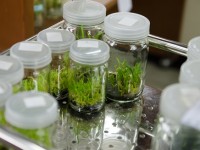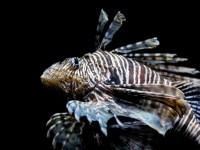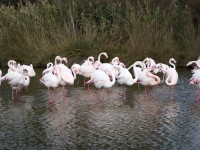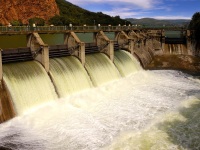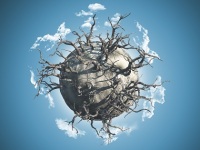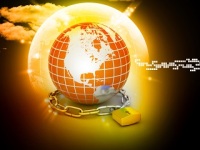Environmental biology – rather like environmental chemistry – is a broad and growing subject that links environmental science to STEM (Science, Technology, Engineering and Mathematics). Environmental biologists try to understand biological life as it relates to the environment – this can include impact on zoology, botany, ecology, landscape studies and more. Because of this landscape…
Read more
Environmental Biology & GIS
